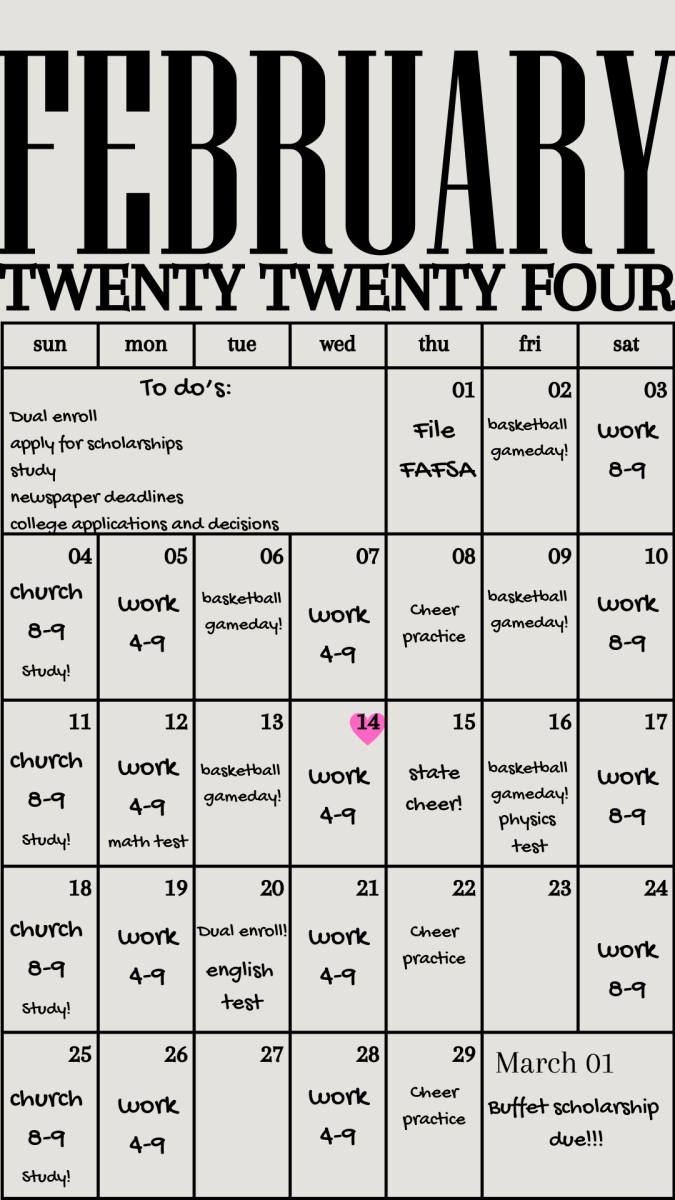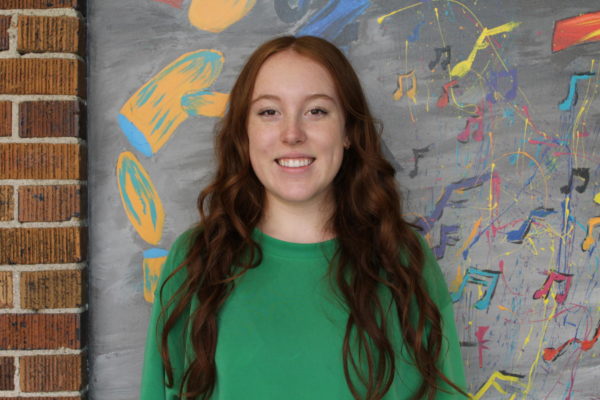Navigating the transition from high school to college is undoubtedly a journey and for high school seniors, it is a journey with academic and emotional challenges.
The struggle to stay on top of schoolwork while struggling with the unknowns of college life can be both overwhelming and transformative. According to John Miles, a worldwide expert on intentional behavior change, struggle helps students build resilience.
As high school seniors prepare for their final exams, college applications and the bittersweet farewells to friends and familiar hallways, the looming uncertainty of what lies beyond graduation adds an extra layer of complexity to an already demanding time.
The pressure to secure a spot in a reputable college can feel like a marathon, demanding not only intellectual work but also emotional resilience.
The academic demands of a senior year, often marked by advanced placement (AP) courses and exams, can be mentally taxing. As deadlines for college applications and scholarships approach, students find themselves in a delicate balancing act, striving to maintain high grades while crafting personal statements that may shape not just their academic futures but their lives.
The prospect of newfound independence, diverse social environments, and the challenge of navigating unfamiliar territories adds an exciting yet nerve-wracking dimension to their lives.
The uncertainty of roommate assignments, course schedules and the sheer vastness of college campuses can be a source of both anticipation and anxiety.
During this whirlwind, high school seniors are faced with decisions that will shape their next chapter. The struggle to choose the right college, a decision full of considerations of academic programs, campus culture and financial feasibility, is an added layer of stress.
The fear of making the wrong choice can keep them up at night, questioning their readiness for this significant leap into adulthood.
The ability of high school seniors to navigate between academic commitments and the anticipation of college life is a testament to their determination. Omaha Public Schools (OPS) and Omaha North specifically have created programs to alleviate some senior stress.
Avenue Scholars according to their website provides comprehensive, individualized support services to help Omaha-area students identify, prepare for and enter financially sustaining, high-demand careers requiring an associate degree or less. Programming begins in the student’s junior year of high school and continues uninterrupted through postsecondary training and for six months following career entry. Eligibility is based on financial need (eligibility for free or reduced-price school lunches or a federal Pell Grant), interest in pursuing a high-demand career requiring an associate degree or less.
College Possible is a nonprofit AmeriCorps organization making college admission and success possible for low-income students in the United States through an intensive curriculum of coaching and support.
Brown bag math, a program at North, is run by Steven Steinbruck, a math teacher. “It is meant to be a welcoming community where students of all ability levels feel accepted,” said Stein.
Educators Rising in accordance with their website is a community-based movement, in which chapters at schools feed teacher preparation programs at institutes of higher education with the support of State Departments of Education and local funders and foundations.
Partnerships for kids (P4K) centers on critical thinking, problem-solving, career interests, leadership, financial vitality, community service, postsecondary preparation, and job readiness. Attendance and academic monitoring are used with individual case management to ensure students remain on track to graduate.
Yet, amidst the struggle, there is resilience. Between the staff, the school and determination anything is possible. If you feel as if you are drowning in course work and college to do lists, reach out. There are so many people and programs that want to help you, all you need to do is take the first step.



